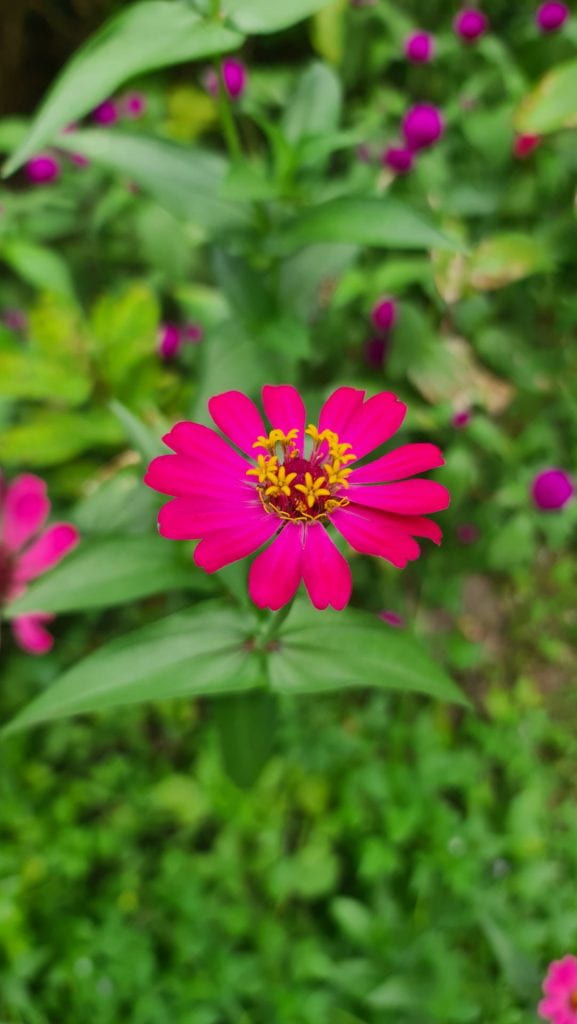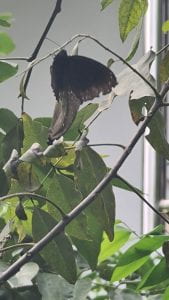Butterfly Garden!
On Friday March 3rd the Biology and ESS students visited a butterfly garden to study conservation techniques and data collection. Specifically, as a Bio student this related with our Ecology options unit that we just started and was a good way to introduce us to Ecology.
At the butterfly garden, we were able to find a variety of different species of colourful flowers and trees which were key in creating an environment suitable for butterflies to live. While there were many butterflies there were also many mosquitoes in that area which was very annoying.
As a member of the Eco-schools service, this trip was interesting as it allowed me to observe a variety of ways OSC could increase its biodiversity by introducing trees and flowers that are able to attract butterflies or other insects. The Butterfly garden also had model aquaponics systems which demonstrated how fish can be used in a circular loop connected to growing plants and act as a circular system. I think introducing this circular, self-sustaining aquaphonic system would be interesting to implement in OSC as a way of encouraging sustainable living. By using this type of aquaphonics system, together with the garden beds and a biogas plant would really emphasize OSC’s push towards being a more sustainable school.

Learning Objectives:
LO3: Demonstrate how to initiate and plan a CAS experience
I think that introducing an aquaponics system such as the one at the butterfly garden would be a good project to initiate within the Eco-schools service group as part of the next phase of Eco-Schools towards OSC being a self-sustaining school that could really change the view of how schools function.
LO6: Demonstrate engagement with issues of global significance
I believe all of us on the trip gained new perspectives into how a sustainable environment functions. We also realised how by promoting bio-diversity, this may also introduce un wanted species such as mosquitoes that can be a nuisance to the school community.
